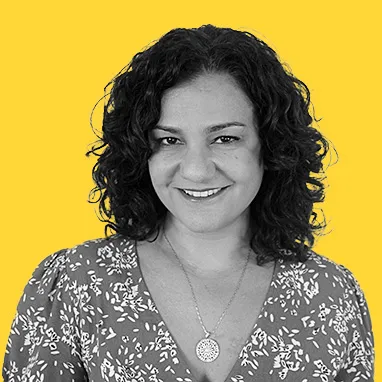Type 1 diabetes used to be called "juvenile diabetes," because it's usually diagnosed in children and teens. But don't let that old-school name fool you. It can start when you're a grownup, too.
Many of the symptoms are similar to type 2 diabetes, so it's sometimes tricky to know which kind you've got. But it's important to learn the differences and figure out what's going on so you can get the treatment that's right for you.
Causes
Doctors aren't sure exactly what causes type 1 diabetes. They believe your genes may play a role. Researchers are also checking to see if there are things that trigger the disease, like your diet or a virus that you caught.
What experts do know is that when you have type 1 diabetes, something goes wrong with your immune system -- the body's defense against germs. It destroys beta cells in your pancreas that are responsible for making a hormone called insulin.
Insulin allows glucose -- or sugar -- to get into your cells, where it's turned into energy. But if you have type 1 diabetes, your body doesn't make insulin. Glucose builds up in your bloodstream and, over time, can cause serious health problems.
Symptoms
If you have type 1 diabetes, you may get similar symptoms as your friends who have type 2. You may notice that you:
- Get extremely thirsty or hungry
- Need to pee often
- Feel unusually tired or weak
- Lose weight suddenly
- Get blurred vision or other changes in the way you see
- Get vaginal yeast infections
- Have breath that smells fruity
- Can't breathe well
Sometimes, type 1 diabetes could even make you lose consciousness.
Who's Most Likely to Get It as an Adult?
People of all races and ethnic groups can get type 1 diabetes, but it's most common among those of northern European descent.
You may also be at higher risk for getting the disease if one of your parents or a brother or sister has it.
Diagnosis
It's not always easy to tell if you have type 1 diabetes when you're an adult. There are a number of reasons for this.
For one thing, symptoms take longer to show up in grownups than they do in kids. This can make it harder for doctors to know what's going on, especially if they don't specialize in the condition.
Another confusing part of getting a diagnosis is that many people with type 1 diabetes are lean or have a normal weight. Your doctor might rule out diabetes, since most people with type 2 diabetes are overweight.
Your doctor may suggest several tests that can tell you if you have diabetes, although you won't know if it's type 1 or type 2.
Glycated hemoglobin (A1c) test. It measures your average blood glucose level for 2 to 3 months. If you have an A1c level of 6.5 or higher on two separate exams, you have diabetes.
Random blood sugar test. It checks your blood glucose at a random time of day. A level of 200 mg/dL or higher is a sign that you have diabetes.
Fasting blood sugar test. Your doctor does this first thing in the morning, before you've eaten. You have diabetes if your level is 126 mg/dL or higher on two separate tests.
Besides those exams, your doctor may also test your blood for certain antibodies that are common in type 1 diabetes.
And they might check your pee for ketones, or fat by-products. If these are in your sample, you probably have type 1 diabetes.
Treatment
Because your body no longer makes insulin, your treatment plan will include giving yourself insulin shots every day. You'll also need to monitor your blood glucose levels.
Your doctor will probably encourage you to get regular exercise. It can help you stay at a healthy weight and keep your blood glucose levels within a normal range.
They'll also work with you to come up with healthy, nutritious menu options that will help you keep your blood glucose under control.
